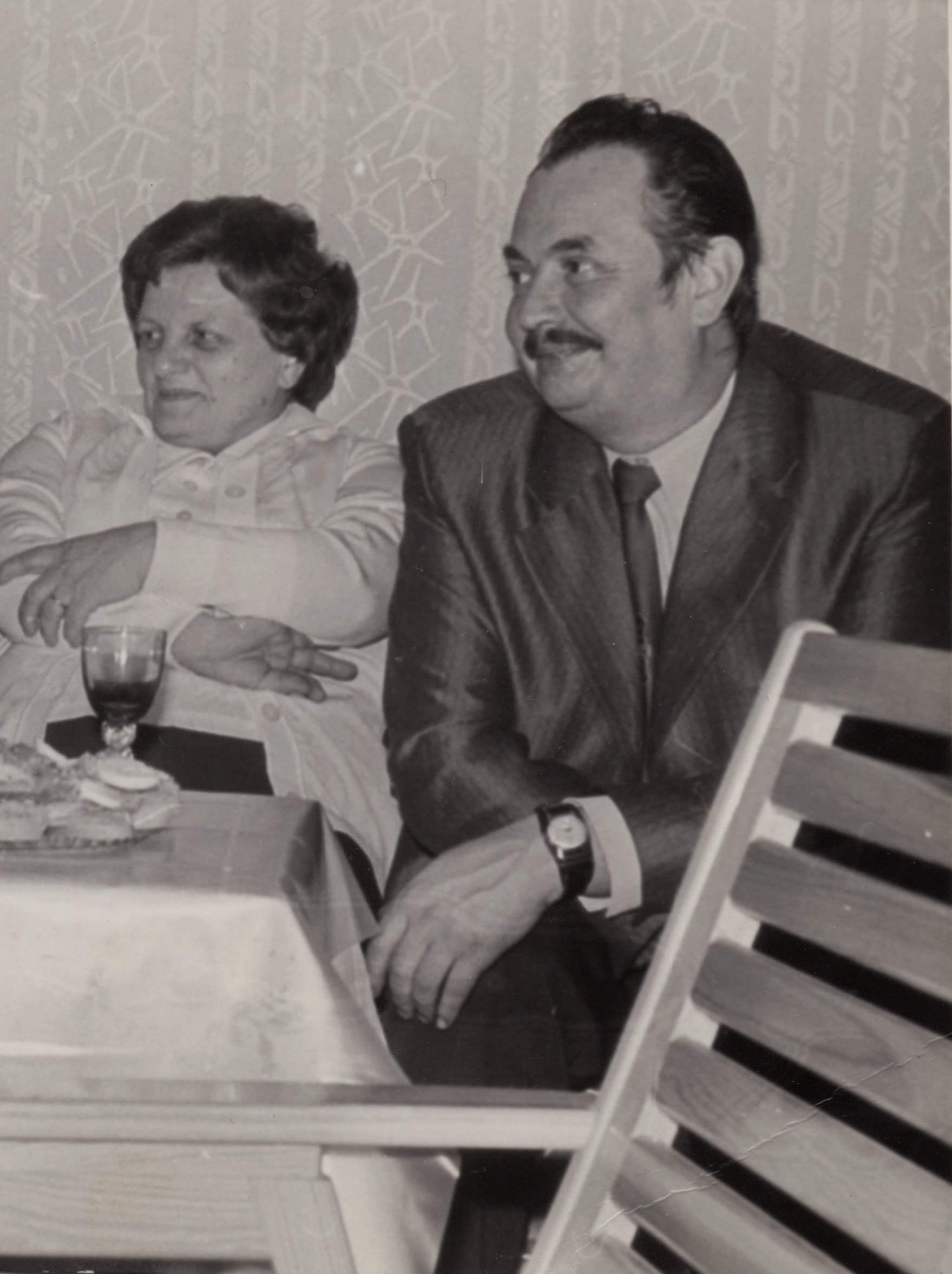We lived how we knew, we knew nothing else

Stáhnout obrázek
Ludmila Poláchová, nee. Martinátová, born on 3 April 1930 in Valašská Bystřice. She was born into a farming family, her parents had a farm in a secluded area and took care of several hectares of fields and forests. Her father Josef Martinát, a social democrat, joined the resistance during the war. He cooperated with the partisan group For Freedom - For the Fatherland and the Jan Žižka Partisan Brigade. The partisans often visited the family. For most of the war, the Martinát family also hid a college student from Vsetín from forced labour. In 1946 the family left for Nové Valternice as part of the resettlement of the border area. Josef Martinát served as mayor there from 1946 to 1948. Ludmila trained as a grocer in Bruntál in 1946-1948 and then worked as a grocer in Nové Valterřice and Moravský Beroun. After 1948, the family lost its farm as part of collectivisation and the property went to the State Farm. Ludmila married Lubomír Polách in 1953 and they raised four children together. In 1954 they moved to Šternberk, where they lived through the invasion of the Warsaw Pact troops and the years of normalisation. They worked in Chronotechna, her husband was then employed on the railway, Ludmila Poláchová in the school canteen as a cook. Because they were not in the Communist Party, the eldest son had trouble getting into university. In 1982 they moved to Olomouc. Ludmila Poláchová worked in the canteen of the Children‘s Home in Hejčín as a chef. She retired in 1984, the same year her husband died. Ludmila Poláchová eventually returned to Šternberk to be closer to her children. Since 2019, she has been living in the Home for the Elderly in Šternberk, Na Valech, where the filming of the interview took place in 2024.














